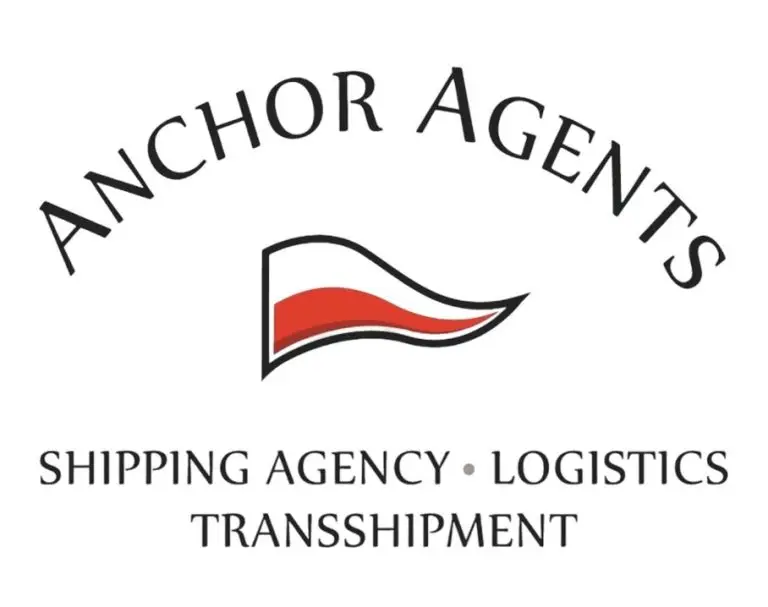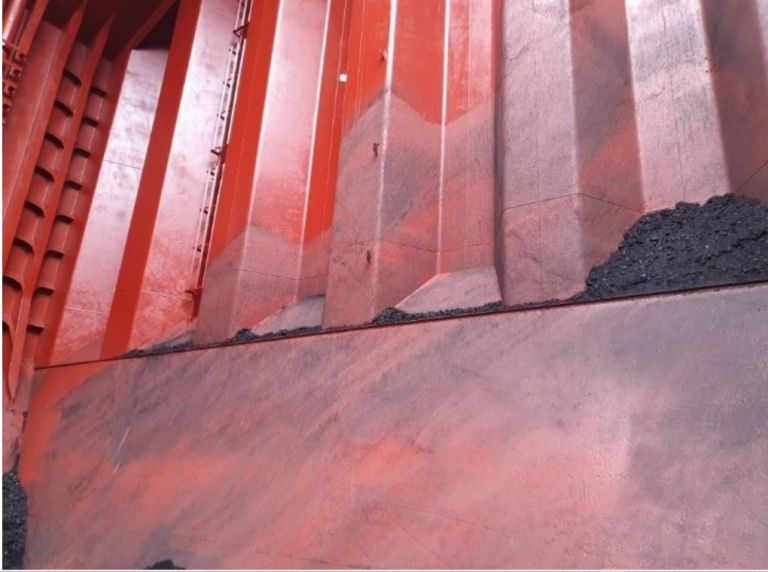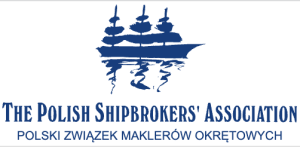
Cargo holds washing in Polish ports and on the Baltic Sea

Preparing cargo holds for the next shipment is a crucial aspect of operating a bulk carrier. If not done properly, inadequate cleaning can lead to cargo claims such as contamination, water damage, and shortages, as well as charterparty disputes due to delays and berthing costs.
The level of cleaning required for the hold depends on several factors, with the next cargo to be loaded being the most important. Cleaning requirements are often described using terms such as „hospital clean,” „grain clean,” „normal clean,” and „shovel clean,” but there is no universal definition of these terms. Even when commonly used terms are used, disputes can arise over the required standard of cleaning. This is because what is acceptable as „grain clean” in one port may not be acceptable in another.
A guide to the commonly used terms is provided below:
– „Hospital clean” is the most stringent, requiring 100% intact paint on all hold surfaces (including tank top, all ladder rungs, and hatch undersides).
– „Grain clean” means the hold is free of bugs, odours, previous cargoes, lashings, loose rust scale, and paint chips. Holds must be swept, washed with fresh water, dried, and well-ventilated before loading. Light atmospheric rusting of exposed steel is usually acceptable, but loose rust scale or paint flakes that may mix with the cargo are not.
– „Normal clean” involves sweeping, washing, and drying the holds so that they are ready for a similar or compatible cargo.
– „Shovel clean” only requires the removal of previous cargo by rough manual or mechanical sweeping and not washing.
It is important to be as clear as possible when describing the required cleaning standard in a charterparty or voyage order, as there is no generally accepted definition of the above terms.
To reduce the amount of cleaning required for the next cargo, masters can use cleaning facilities at the current port to remove as much of the previous cargo from the holds as possible, reducing disposal and cleaning costs and saving time before the next port of loading.
Can cargo holds be cleaned in Polish ports? Yes, they can. However, after washing holds or tanks in port, the wash water must be discharged to port reception facilities in accordance with local port regulations.
The regulations of MARPOL Annex V refer to the wash water from cleaning non-recoverable cargo residues and small quantities of cleaning agents contained therein, which are mainly found in the cargo hold.
The Baltic Sea is one of the six special areas defined by MARPOL where the discharge of cargo residues is prohibited. However, there is an exception to this rule. If both the port of discharge and the port of departure are within the Special Area and the ship will not transit outside the Special Area between these ports, and there are no adequate reception facilities (RF), then the discharge of non-recoverable, non-HME cargo residues in hold washings should be made as far out to sea as practicable. In any case, not less than 12 nautical miles from the nearest land or ice shelf.
Source: Steamship Mutual web page
You may also be interested in the following topics:
Ports: Waste disposal tariff change in Polish ports
Varia: Use of Scrubbers On The Baltic Sea And in Polish Ports
ADDRESS & BUSINESS REGISTRATION
-
Anchor Agents & Shipbrokers Sp z o.o.
Aleja Zwycięstwa 241/13
81-521 Gdynia
Polska - KRS 0000187325; NIP 5881007972
